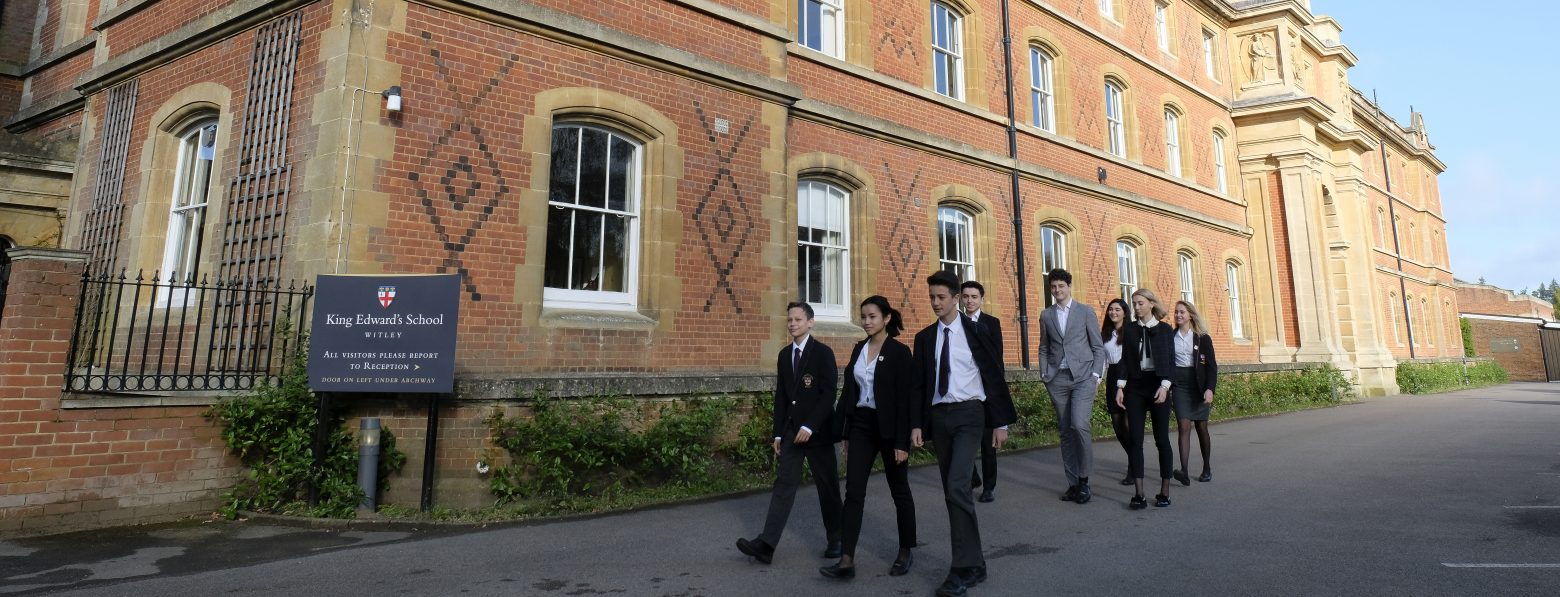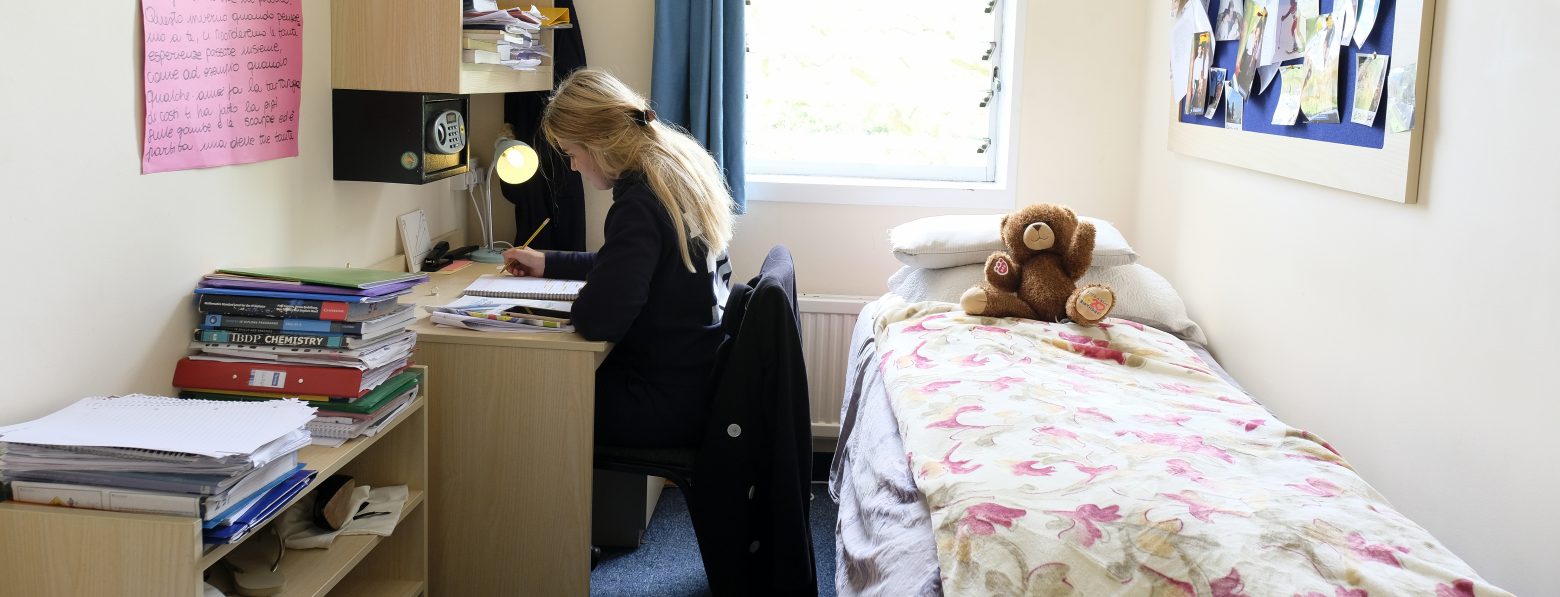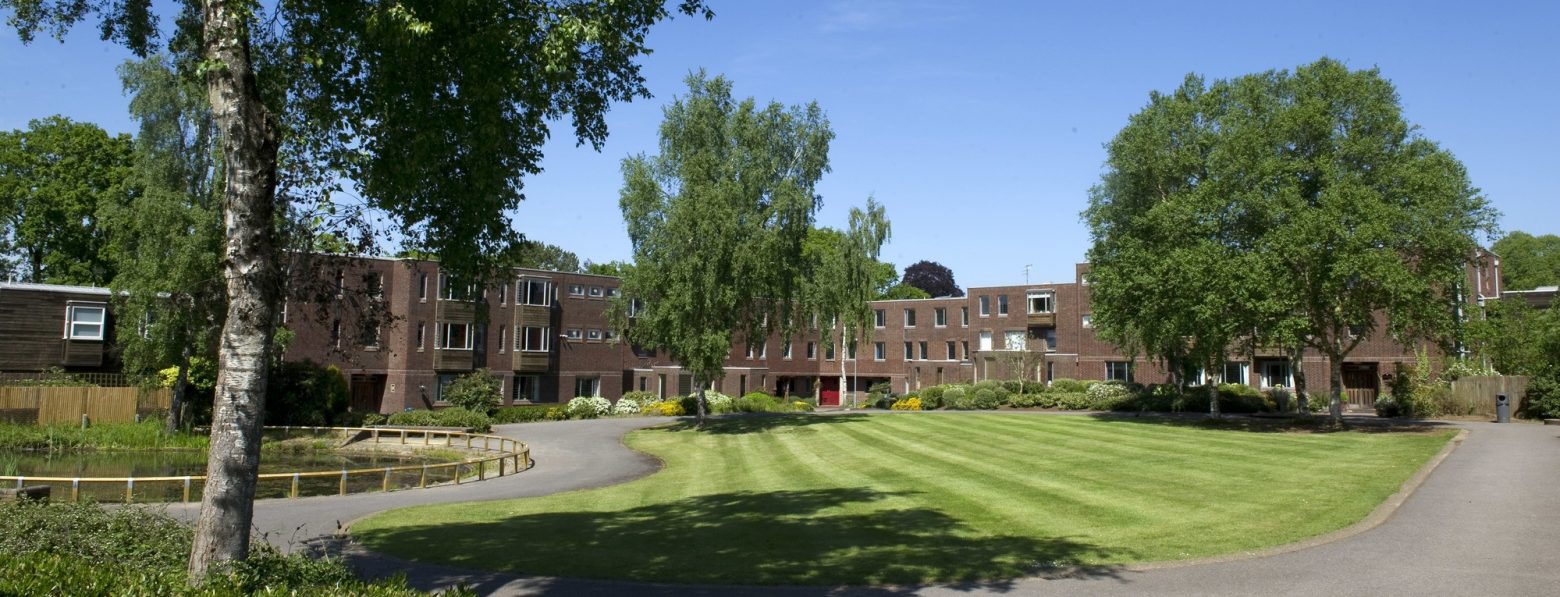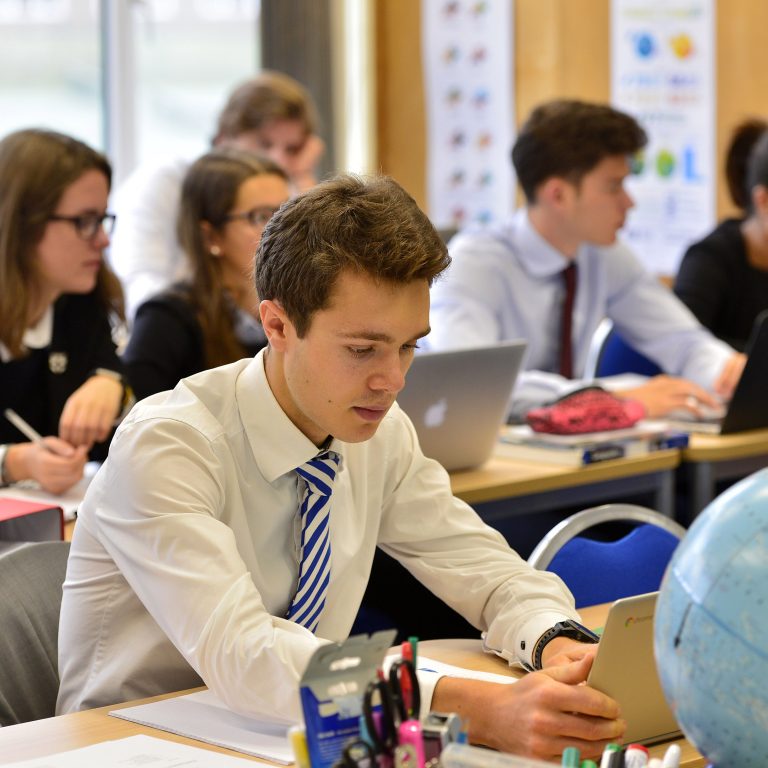Foundation Pupils – Category A
Category A
When a family approaches us our main criterion is a lack of parental care, where no other suitable care is available. It is unlikely that we will consider an application if the total family income is more than £50,000 before tax, unless there are special circumstances. In order to benefit from a King Edward’s Bridewell Foundation place, pupils must be in a disadvantaged situation, such as:
Category A1 – Trauma in the home
- Death or permanent absence of one or both parents
- Chronic and enduring mental or physical ill health of parent
- A parent who can no longer meet the daily needs of a child
- Disability of a sibling of sufficient severity affecting the care and normal development of other children within the family
- Abandonment or abuse of child
- Current schooling presents risk, leaving a younger child (7-13) in a vulnerable situation
- The case for boarding is justified by the fact that the home circumstances are seriously prejudicial to the normal development of the child
- Boarding would be in the best interest for the child
- The parent/guardian has insufficient income and/or assets to pay themselves and there is a 100% bursary requirement
- The child must be a British Citizen and have indefinite leave to remain in the UK
Category A2 – Lack of social mobility
The following criteria are considered with the following guidelines in mind.
- Must be from a low-income background (usually meaning they are eligible for free school meals) and must be from genuinely disadvantaged backgrounds
- Whether the pupil is a Looked After Child or at risk of social exclusion. If the pupil is in the care of the local authority, we need to ensure that the local authority supports the application before proceeding with it
- Has a difficult home life caused by, for example, an over-crowded home; single parent family; if the pupil has suffered a bereavement or some other trauma such as domestic violence/alcoholism/drugs within the family, or where there’s an absence of positive adult role models
- If the family’s first language is not English (EAL) and therefore struggle to help with prep/homework
- Whether the pupil lives in a deprived area affected by crime/drugs etc. and whether the family live in social housing. We look at the pupil’s home community according to the Index of Multiple Deprivation (IMD)
- The progression to higher education statistics for the area in which the pupil lives
- If the pupil would be a first-generation applicant to university. We also consider the parents’ occupations and their past employment history
- The pupil’s current school, including its OFSTED reports and the percentage of its pupils on free school meals
- The family situation, e.g. possible effects of the bursary on other siblings
- Will best benefit from boarding (meaning they are motivated, resilient, open-minded, eager and capable of becoming positive role models for their peers). The pupil will only be offered a place after completing and passing our Examination test and interview process to ensure that they would thrive in our pastoral and academic environment
- Must be British citizens or have indefinite leave to remain in the UK. We require evidence for those pupils which aren’t British citizens.










